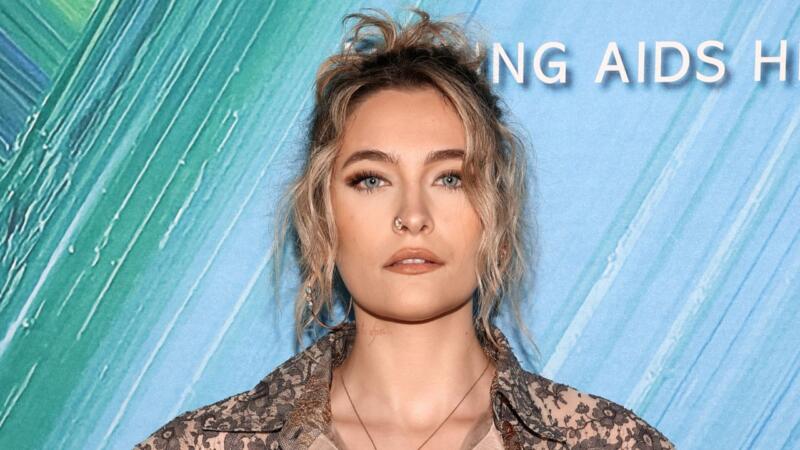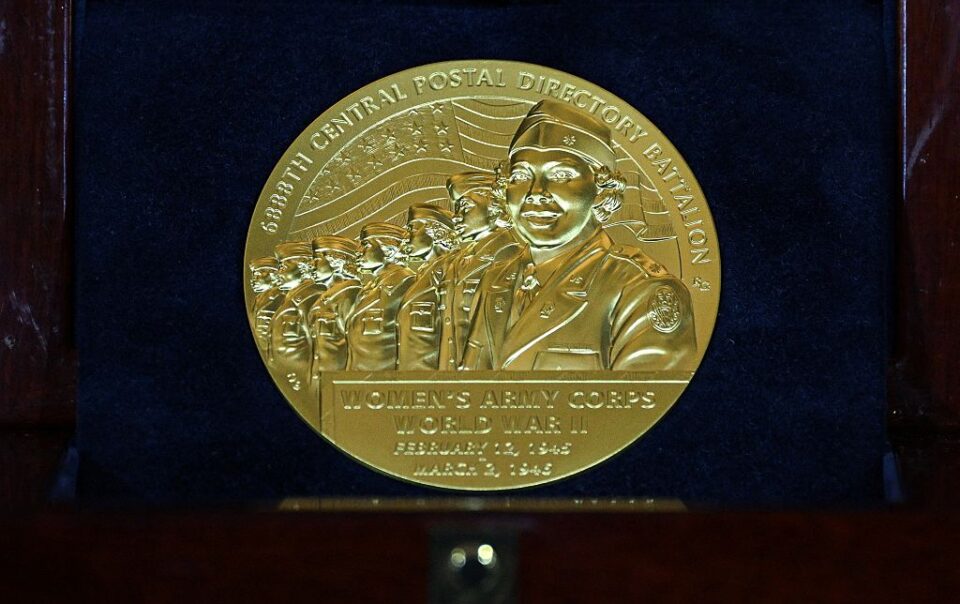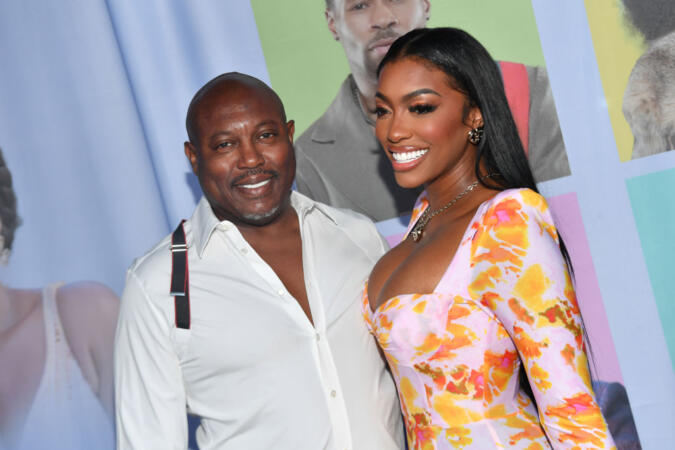Michael Jackson‘s only daughter, Paris Jackson, is firing back at fans who slammed her for scheduling a performance on the anniversary of her father’s death.
Paris posted a video message to her Instagram story and told people that she didn’t have any control of the schedule.
Michael Jackson’s fans called out Paris Jackson for scheduling a concert on the anniversary of his death
“One of the tour dates I’m supposed to be going out on tour with Incubus and Manchester Orchestra happens to be June 25, which is a very negative anniversary for me in my life and my family,” Paris said, according to Deadline. “When you’re first of three, and you’re not headlining these shows, you don’t pick what date you perform or what time you go on stage to perform, or what city you perform in.”
Paris also said she doesn’t get any special treatment as the additional opening act.
“First of three also doesn’t get a tour bus,” she said. “You get maybe a sprinter van, which I’ve done before when I’ve got a band with me. But I’m not going to have my band with me this time.”
Paris Jackson’s fiancé, Justin Long, will be with her
Paris said she will only have her acoustic guitar and fiancé Justin Long, who happens to be her sound guy.
“So we’re gonna be in a soccer mum van,” she said. “This feels like [Incubus is] doing me a favour by bringing me out on tour. So [what], I’m gonna tell ’em, ’Sorry, guys, we can’t perform on this date?’”
Paris closed her message with a “F**k you.”
At 50, Michael Jackson died on June 25, 2009, from cardiac arrest, leaving behind three children, Prince, Paris and Bigi (formerly known as Blanket).
In 2021, Paris joined supermodel Naomi Campbell for her No Filter with Naomi series via YouTube.
“My dad was really good about making sure we were cultured, making sure we were educated, and not just showing us like the glitz and glam, like hotel hopping, five-star places,” Paris said about being raised by the King of Pop.
“It was also like, we saw everything,” she added. “We saw third world countries. We saw every part of the spectrum.”






